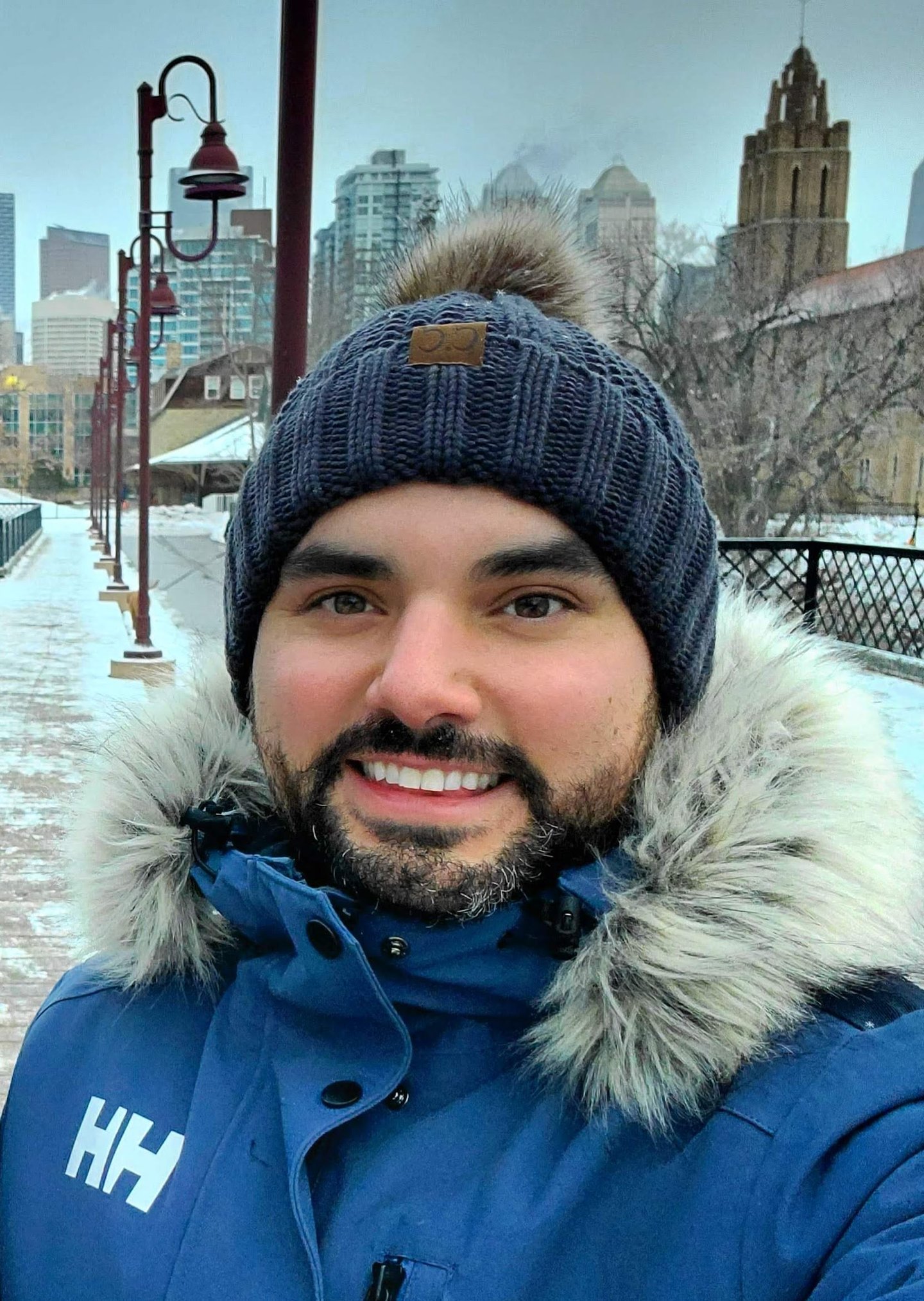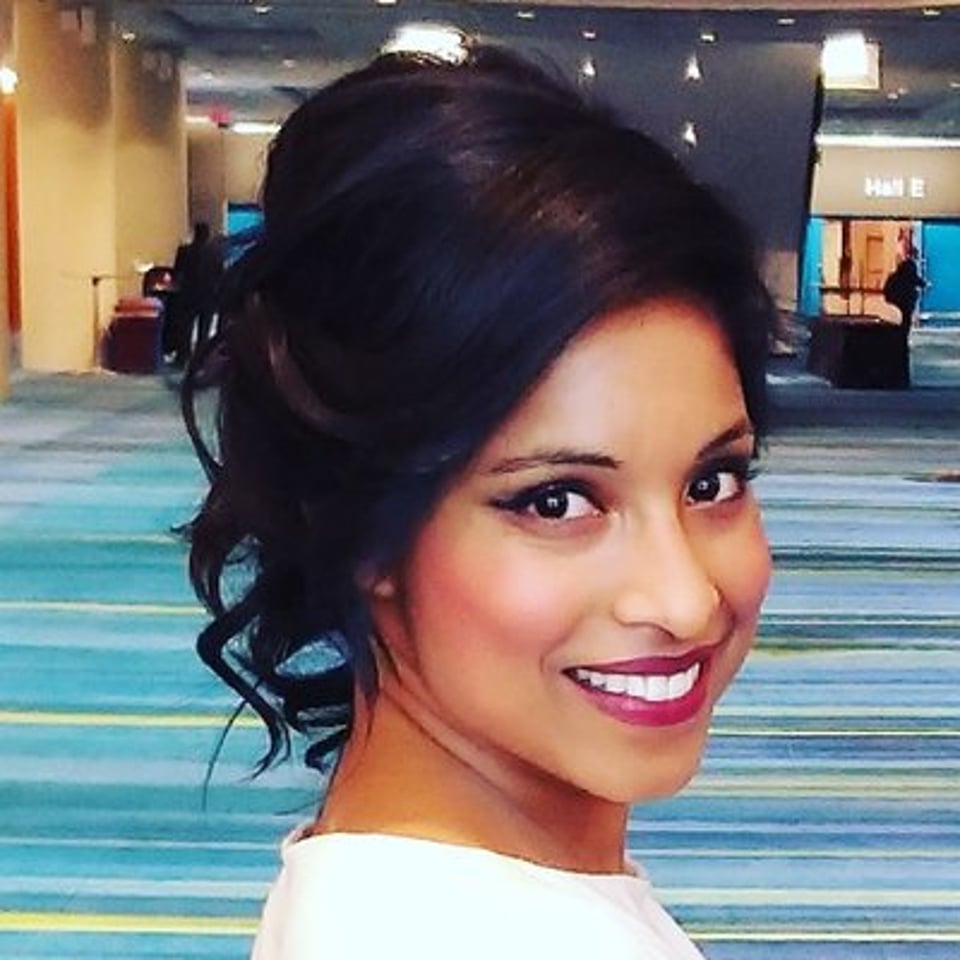Unsure about delivering culturally safe care?
“Culturally safe care” is a concept and practice increasingly prevalent in healthcare, but for many young physicians, it’s among the areas they do not feel confident in delivering.
A recent study found that early-career family physicians in Canada don’t feel fully prepared for practice in key areas, including delivering culturally safe care.
The qualitative coast-to-coast study, published in BMC Medical Education, surveyed 75 FPs who’d completed their residency in Canada, with 59 taking part in the focus groups. The study looked at the 37 core activities in the Residency Training Profile identified by the College of Family Physicians of Canada (CFPC).
The core professional activity related to culturally sensitive care states physicians should be able to, “provide medical care that challenges systemic racism and supports health equity with/for Indigenous peoples and other racialized or underserved patient communities.”
Lead author Monica Aggarwal, assistant professor at the Dalla Lana School of Public Health at the University of Toronto, sought to identify areas where family physicians of the future could be better supported, given the current declines in the delivery of full-service comprehensive care.
Building a curriculum
Anishinaabe physician Dr. Brent Young who works at the Sipekne'katik Health Centre on the reserve in Nova Scotia said he is not surprised that early-career physicians did not feel prepared to deliver culturally safe care.
“There's a lot of ongoing work to improve our training of medical students and residents around Indigenous cultural safety and anti-racism,” said Dr. Young, who is also academic director for Indigenous Health at the Dalhousie University faculty of medicine and co-leads the Anti-Racism Working Group for the National Consortium for Indigenous Medical Education. “That work is just starting to blossom and come into full force, and of course, various programs across the country are at different places in that process.”
The process has been slower he said because it tends to be Indigenous physicians who develop curriculum around cultural safety and anti-racism and there is a shortage of Indigenous physicians in this country. “So we're just starting now to be able to implement some of those pieces into the curriculum at a national level.”
At Dalhousie, he said, there is not yet a formal clinical curriculum but that an elective program in Indigenous health is under development that will be offered across the three maritime provinces that Dalhousie serves, likely available within the next year.
From Scarborough to NWT
Canada’s rich cultural diversity contributes to the challenge of providing safe cultural care to a huge array of communities, a challenge faced by Dr. Jemy Joseph, a family and emergency medicine physician. She works in Scarborough, Ont., with a diverse population, including many refugees, and first-generation immigrants. She is also a locum physician in the Northwest Territories, where her patients are almost exclusively First Nations.
“A big part of culturally sensitive care is just having the exposure to caring for all these types of populations. I believe clinical exposure with mentorship is the best way to get that training—practising in the real world,” she said. “They need adequate mentorship where there's a safe opportunity for the trainee to ask questions and for supervisors to walk them through the journey, embracing that openness to hear about it.”
Before arriving in a new community, she said, "take time to understand that culture prior to going in. This could be through formal learning or by informally educating yourself. There is no shortage of resources."
Dr. Joseph said she tends to favour in-person or informal learning, viewing curriculum-based learning as less impactful. “If students are going to have yet another course or another lecture, sometimes it gets drowned in the heavy, heavy-duty curriculum that a medical trainee needs to go through.”
Global principles
Different groups and cultures require specific approaches to practising safe care, but Dr. Joseph, a first-generation immigrant woman from India, points to global principles that apply overall.
“First of all, can you be a kind, nice human? Just showing compassionate care, which has been a challenge in an era of burnout, is key: being humble, showing humility, not judging the person in front of you. Also important is being curious and open-minded—challenging yourself and your own stereotypes in the process. This requires a degree of humility to know that you don't always have the right answers or the superior answers. If part of their healing is incorporating their traditional elders and healers, respect that, even though it's not something that you learned in their textbook in medical school or residency.”
Other global principles, she said, are understanding Western versus Eastern culture, the former tending to value individualism, and the latter community. Dr. Joseph said it's also important to gain understanding of how women are treated, and faith practices and religion/spirituality, which can all impact health and interactions with healthcare providers.
Read: Beaten down before they've even started: The sad mistreatment of residents and students
Dr. Joseph believes residents and early-career physicians need to especially learn about First Nations groups and the Black population. “Those are highly marginalized groups with a lot of structural and systemic issues that are disadvantaging them in our culture and also affecting their healthcare. But on the flip side, I will also say, to balance perspective, don't forget that other groups exist too.”
Distrust of Western culture
Distrust of Western culture and medicine is understandably present for many marginalized groups, noted Dr. Joseph. She gives the example of a patient in the Territories who refused treatment for diabetes. After gentle probing, she found out it was because the patient’s brother had died after taking diabetes medication.
“It’s really important to understand the patient who is in front of you and respect their idea of wellness and treatment. In this case, as a physician, it is my due diligence to explain the options, help her understand the broader picture of diabetes and health, and say, ‘If you want to give it a try, I will work with you. Come to me when you are ready if this is something you would like to consider.’”
Dr. Young, who graduated from medical school in 2019, believes real-world experience needs to be at the forefront, too, balancing out the academic.
“As an Indigenous person, I didn't necessarily feel the need to have additional training in cultural safety, because I'm very well aware of the effects of colonialism in our country, having been a generational survivor of residential school and the Sixties Scoop and all of that,” he said. “But there was a lot of mentorship that happened, with some of the physicians who were already practicing in Sipekne'katik, for many years, who were able to guide me along. I could see if you went into another clinic environment where you didn't have colleagues who were experienced, or who were working under different models, like fee-for-service, they would not have been able to provide that level of support.”
First and foremost, he said, early-career physicians need to seek out opportunities for additional training and gaining new knowledge, whether it's through reading or asking questions, and getting to know the community. “There are many ways that you can do that. We had a powwow just this past weekend here in Dartmouth in the urban context through the Mi'kmaw Native Friendship Centre. I think it’s very important to have comfort just going to those things and getting to know people and the beautiful side of our culture and ways of being—not seeing us just as a traumatized community that has issues, is step number one.”
Trauma-informed care
From there, physicians also need that foundational knowledge that will directly inform their practice, he said. “That typically involves trauma-informed care. There are whole courses on this, and, the best one that I've seen is from Alberta Health Services, and it's an online module, and it’s free.”
Dr. Young said that the most crucial component of trauma-informed care is recognizing that trauma is pervasive in our society, and there is a potential that the patients physicians see will be retraumatized by the healthcare system, or have been retraumatized by the healthcare system.
“So we need a compassionate approach, taking time to develop relationships, taking time to understand and contextualize the reasons people behave in the way that they do. So when patients, for instance, maybe have emotional dysregulation or are angry with you, understand that that actually probably has a background context that is rooted in their previous experience with physicians and healthcare providers who have treated them poorly.”
Read: Canada’s Indigenous women forcibly sterilized decades after other rich countries stopped


